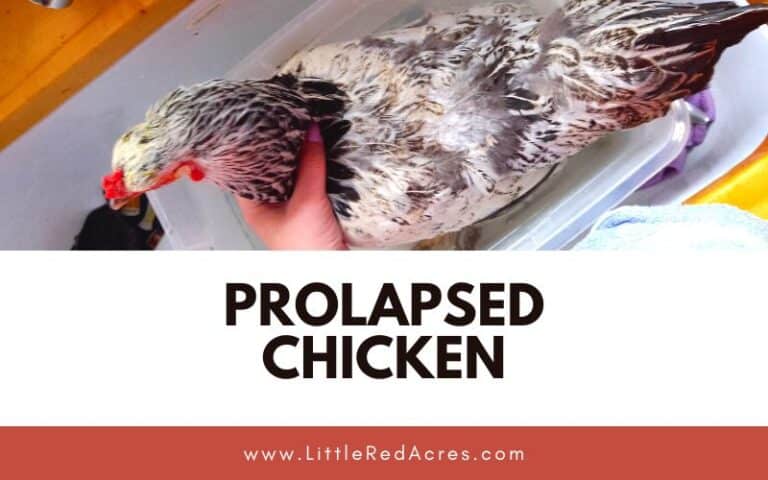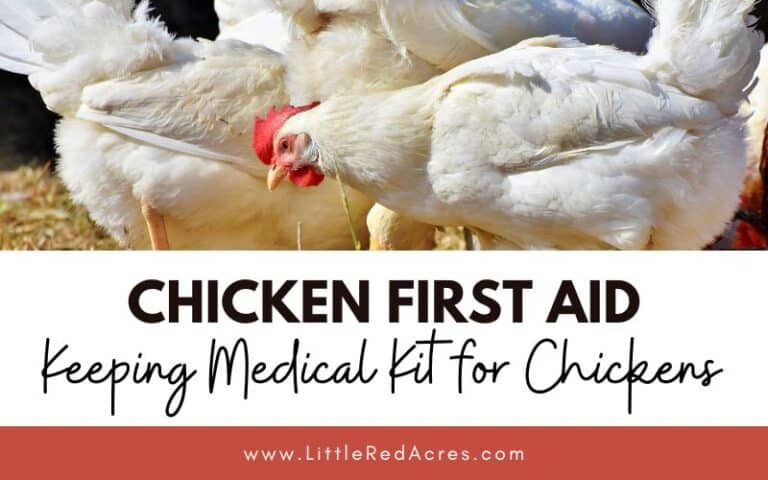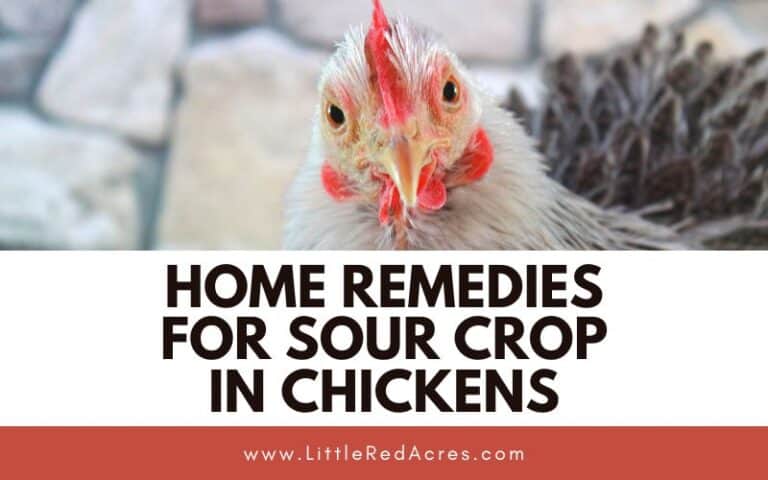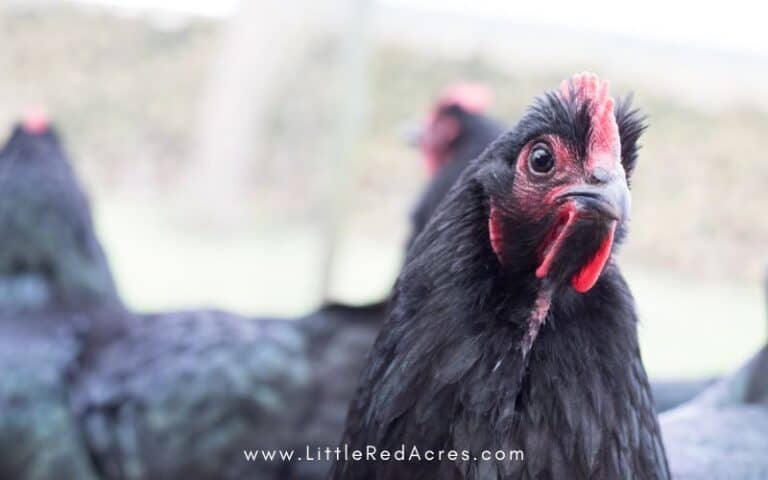What Causes Baby Chicks to Die
Baby chicks are delicate creatures, and there are several factors that can contribute to their mortality. It's important to provide optimal care and conditions to maximize their chances of survival. Sometimes, there is no warning which causes baby chicks to die before you can step in and do anything.
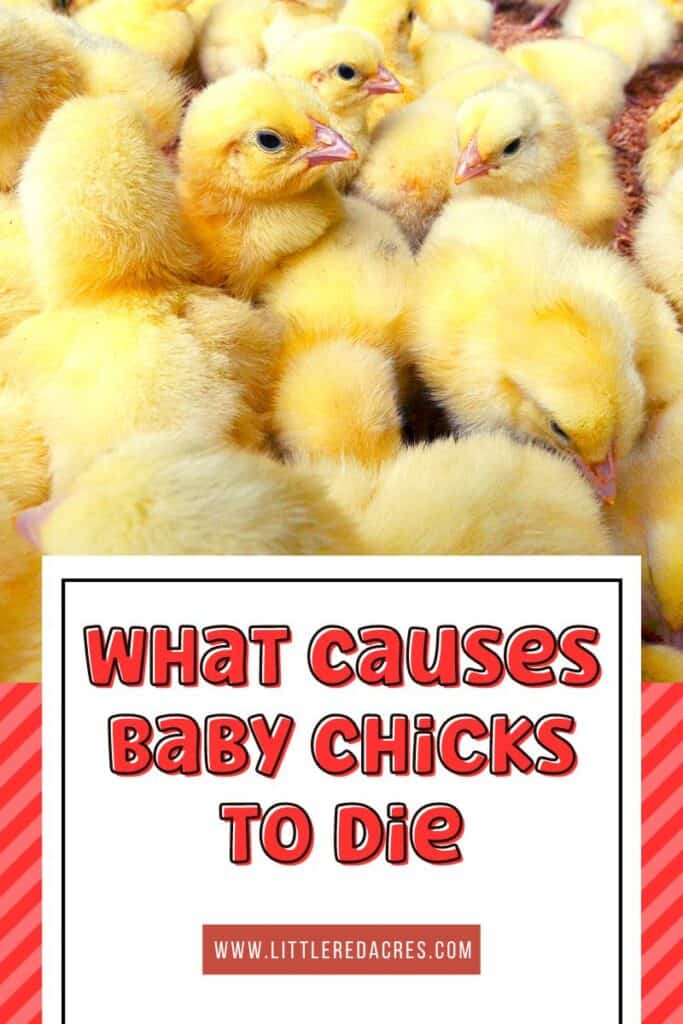
This post may contain affiliate links, see my disclosure policy for more information.
What Causes Baby Chicks to Die
I have not had a lot of chicks die on me. Bantam Brahmas are a breed that I have lost a couple of chicks here and there. When we bought our first chicks, two died that day. And recently I had a week-old chick die with no warning. I was shocked to find the little baby had passed away when I checked on them in the morning.
Sometimes, there is nothing you can do. Sometimes, you won't get a warning, chickens instinctually hide sickness behavior in the presence of a perceived threat, such as humans, because such behavior tells predators that the ill chicken may be an easy meal.
Get updates & freebies delivered to your inbox!
Here are some common reasons why baby chicks may die:
Poor Incubation
If the eggs are not properly incubated, the chicks may not develop properly or may not hatch at all. Temperature and humidity levels during incubation are crucial, and any deviations from the recommended conditions can lead to embryo death.
Genetic Issues
Sometimes, genetic abnormalities or defects can cause baby chicks to die. These can be inherited from the parent birds or occur spontaneously. These can affect the chick's development, growth, or vital organ function, leading to early mortality.
One example is scissor beak.
Inadequate Nutrition
Proper nutrition is vital for the healthy growth and development of baby chicks. Inadequate access to food and water can weaken their immune system and make them more susceptible to diseases or organ failure.
One sign of this is pasty butt. Where you will see poop stuck to the fluff of the chick.
Infectious Diseases
Baby chicks are particularly vulnerable to various infectious diseases, including bacterial, viral, and fungal infections. These diseases can be contracted from contaminated environments, infected adult birds, or inadequate biosecurity measures.
Common examples include coccidiosis, infectious bronchitis, and Marek's disease.
Stress and Overcrowding
Stressful conditions and overcrowding can weaken the chicks' immune systems and make them more prone to diseases.
They need to have enough brooder space or space for momma hen and chicks. They need clean shavings and fresh water at all times.
Predators and Accidents
Outside, baby chicks are at risk of predator animals like raccoons, snakes, or birds of prey. Just like with the rest of your chickens, expect chicks are even more at risk due to their size.
Momma hen will do her best to protect her chicks but she needs some help from you.
Handling and Management Errors
Inexperienced or improper handling of baby chicks can inadvertently cause injuries or stress. Rough handling, mishandling of brooders or heat lamps, or mistakes in providing water and feed can lead to negative health outcomes.
It's important to watch young children with chicks, they won't necessarily mean to be rough but they can invertedly hurt a chick when picking them up.
To increase the chances of survival for baby chicks, it is important to provide a clean and comfortable environment, ensure proper nutrition and access to fresh water, practice good biosecurity measures, and promptly address any signs of illness.



